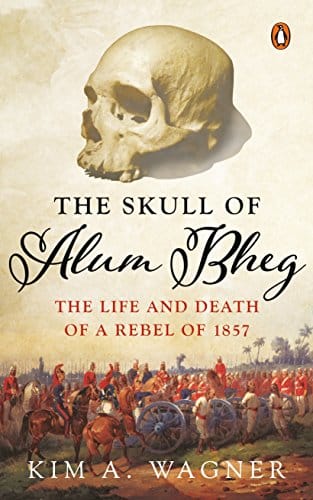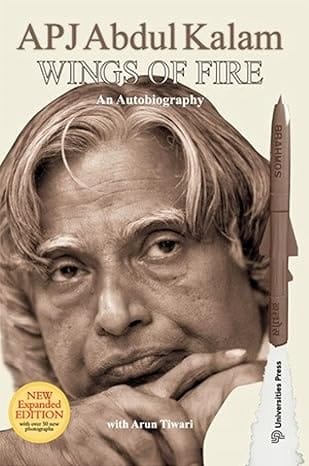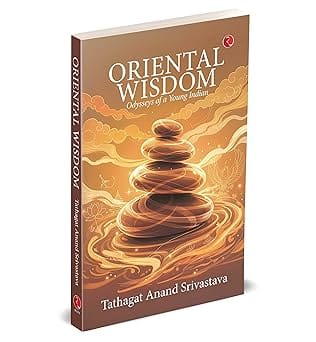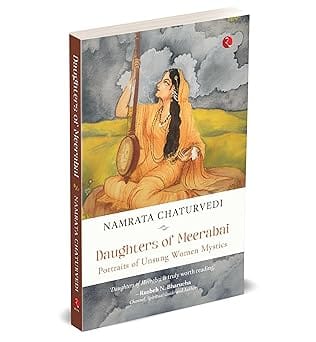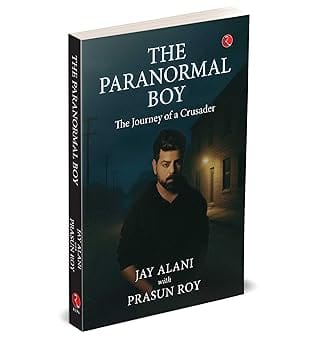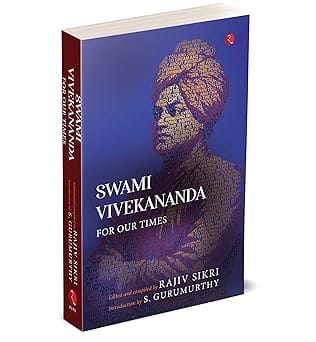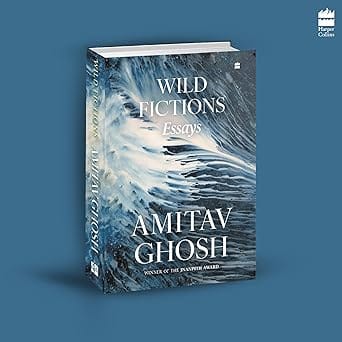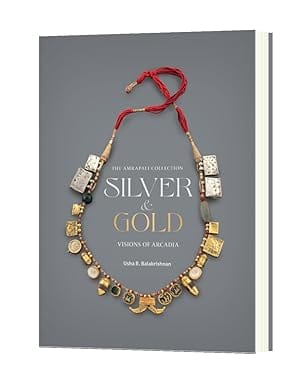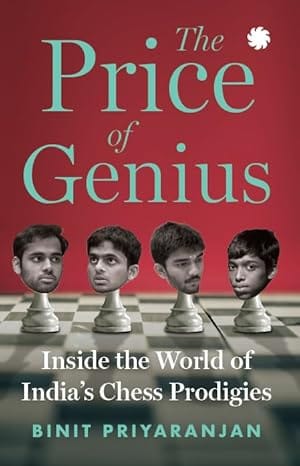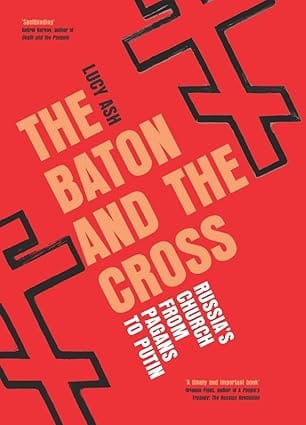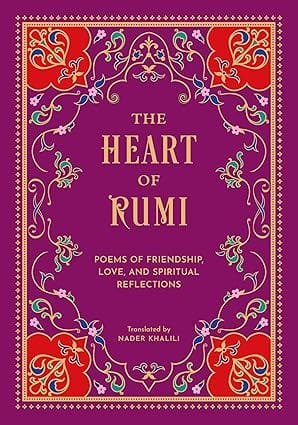- Non-ficton
- Non-ficton
- Contemporary Fiction
- Contemporary Fiction
- Children
- Children
- Comics & Graphic Novels
- Comics & Graphic Novels
- Non-Fiction
- Non-Fiction
- Fiction
- Fiction
In 1963, a human skull was discovered in a pub in Kent in south-east England. A brief handwritten note stuck inside the cavity revealed it to be that of Alum Bheg, an Indian soldier in British service who was executed during the aftermath of the 1857 Uprising. Alum Bheg was blown from a cannon for having allegedly murdered British civilians, and his head was brought back as a grisly war-trophy by an Irish officer present at his execution. The skull is a troublesome relic of both anti-colonial violence and the brutality and spectacle of British retribution.
Kim Wagner presents an intimate and vivid account of life and death in British India in the throes of the largest rebellion of the nineteenth century. Fugitive rebels spent months, even years, hiding in the vastness of the Himalayas before they were eventually hunted down and punished by a vengeful colonial state. Examining the colonial practice of collecting and exhibiting human remains, this book offers a critical assessment of British imperialism that speaks to contemporary debates about the legacies of Empire and the myth of the 'Mutiny'.
- Home
- Non-Fiction
- The Skull Of Alum Bheg
The Skull Of Alum Bheg
SIZE GUIDE
- ISBN: 9780670090204
- Author: Kim A Wagner
- Publisher: Penguin
- Pages: 256
- Format: Hardback
Book Description
In 1963, a human skull was discovered in a pub in Kent in south-east England. A brief handwritten note stuck inside the cavity revealed it to be that of Alum Bheg, an Indian soldier in British service who was executed during the aftermath of the 1857 Uprising. Alum Bheg was blown from a cannon for having allegedly murdered British civilians, and his head was brought back as a grisly war-trophy by an Irish officer present at his execution. The skull is a troublesome relic of both anti-colonial violence and the brutality and spectacle of British retribution.
Kim Wagner presents an intimate and vivid account of life and death in British India in the throes of the largest rebellion of the nineteenth century. Fugitive rebels spent months, even years, hiding in the vastness of the Himalayas before they were eventually hunted down and punished by a vengeful colonial state. Examining the colonial practice of collecting and exhibiting human remains, this book offers a critical assessment of British imperialism that speaks to contemporary debates about the legacies of Empire and the myth of the 'Mutiny'.
User reviews
NEWSLETTER
Subscribe to get Email Updates!
Thanks for subscribing.
Your response has been recorded.

India's Iconic & Independent Book Store offering a vast selection of books across a variety of genres Since 1978.
"We Believe In The Power of Books" Our mission is to make books accessible to everyone, and to cultivate a culture of reading and learning. We strive to provide a wide range of books, from classic literature, sci-fi and fantasy, to graphic novels, biographies and self-help books, so that everyone can find something to read.
Whether you’re looking for your next great read, a gift for someone special, or just browsing, Midland is here to make your book-buying experience easy and enjoyable.
We are shipping pan India and across the world.
For Bulk Order / Corporate Gifting
 +91 9818282497 |
+91 9818282497 |  [email protected]
[email protected]
Click To Know More
QUICK LINKS
ADDRESS
Shop No.20, Aurobindo Palace Market, Near Church, New Delhi

